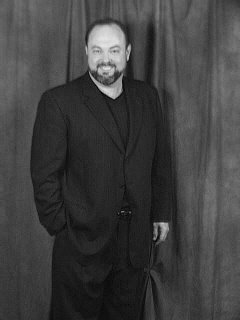Godly sorrow works repentance, but if you don't make it to Godly sorrow, chances are you are stuck in your spiritual growth process. You are probably languishing in either despondency or apathy, both of which will eventually keep you from spiritual progress and maturity.
Godly sorrow is exactly that- Godly!
One of the greatest obstacles to authentic spiritual progress (and by "progress" I mean a deeper experience of communion and union with the Persons of the Holy Trinity) is Pride. This pride masks itself as "false humility" at times by saying "I'm so far gone, there's no use in trying anymore." That is Pride, dear ones.
Pride always suggests self-sufficiency. Either I don't need anyone else, or I don't want anyone else. Both sicknesses have their seed in Pride.
What is the answer? Brutal honesty! Not brutality toward another, but brutality directed at my own soul. An honesty that says I will no longer hide from the searing Light of Love that demands an unadulterated response, undiluted with self serving agendas and self congratulating desires.
To have Godly sorrow means that I long only for God Himself. St. Paul displayed such love when he told the Romans that he was willing to become a castaway himself if it meant the salvation of his Jewish brethren. St. Paul loved God and his neighbor to the extent that he was willing to forgo his own salvation for their benefit.
How do we develop Godly sorrow?
Well, I don't know.
But if the fathers of the Church can be our guide, I think they would advise us to look to the basic disciplines of the Faith - prayer, fasting, and almsgiving.
Prayer, because corporate and private prayers and worship shape me and reawaken the hunger for God in my soul. The wisdom preserved in the Liturgy and prayers of the Faith are a veritable banquet for the soul to both educate and edify. I learn of His eternal Beauty in His House.
Fasting, because until my physical desires are made subject to my true Hunger and my true Need for God, I will forever be tempted to seek the temporary at the expense of the eternal. Fasting is much more than discipline with food. It is subjugation of the entire body to the work of eternal communion with God. It isn't a denial of anything as much as it is an affirmation of a single thing - Life in Christ!
And Almsgiving, because until I have a right relationship with possessions and "things," I will always be tempted to satisfy my deep longing for God with the shallow and empty false assurances of what I've gathered around me. When I can hold my very life loosely in my hands then I will know how to long for God above all else.
So, how are you doing? Have you yet reached Godly sorrow? Until you do, repentance will be nothing more than "I'm sorry I got caught."
Why Not Use Ancient Rites?
6 years ago


